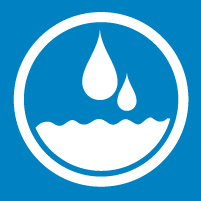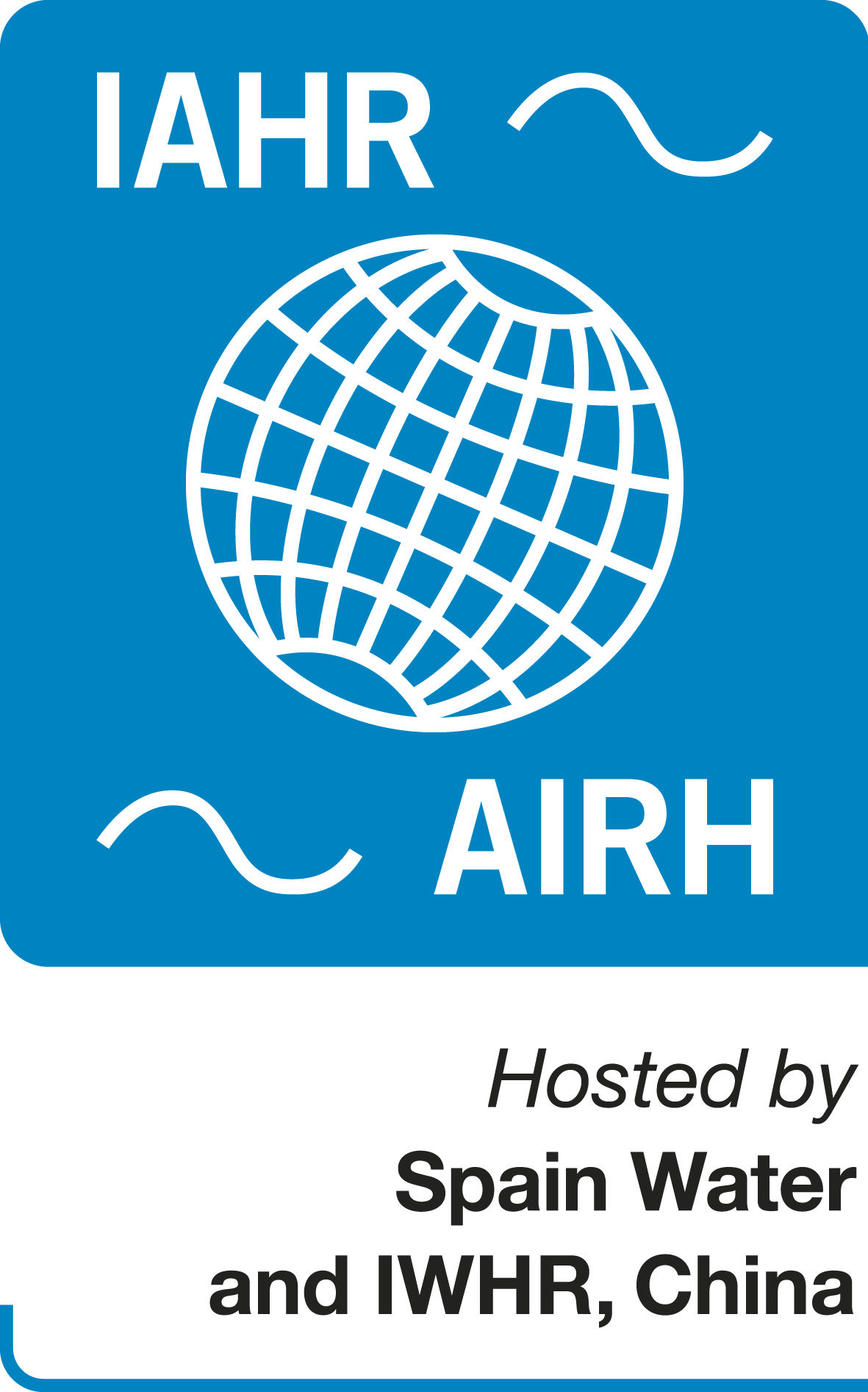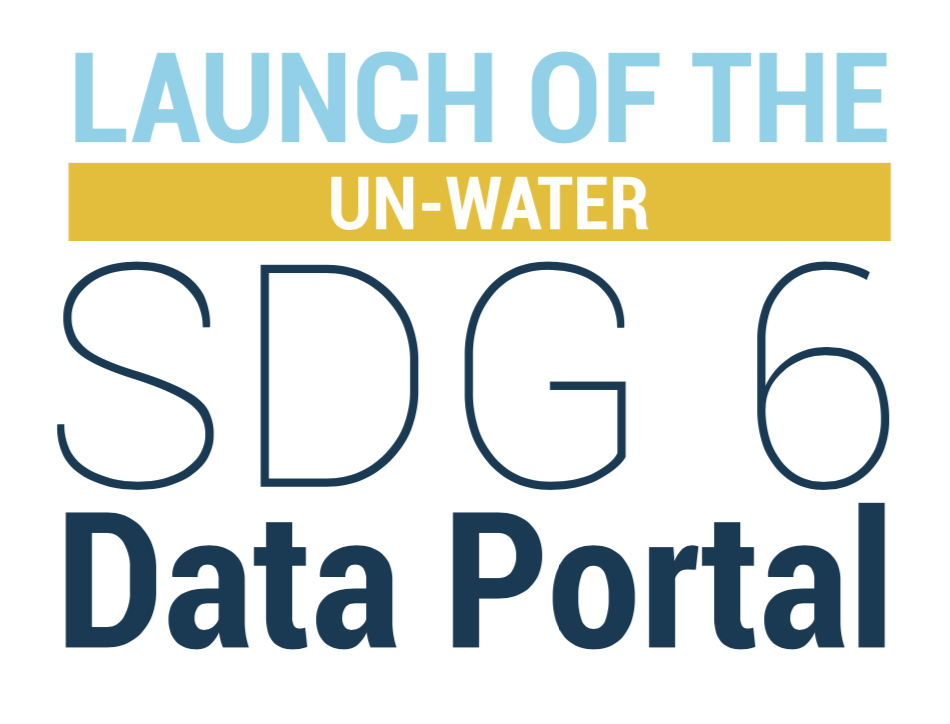Partnerships are voluntary and collaborative relationships between various parties, both public and non-public, in which all participants agree to work together to achieve a common purpose or undertake a specific task and, as mutually agreed, to share risks and responsibilities, resources and benefits. Throughout its activity, WCCE has established collaboration with several global organizations. Although each organization's scopes might be different, all had in common the interest of working towards the accomplishment of UN's Sustainable Development Goals. Following, we present the most relevant and fruiful so far.
🌐 UN system
United Nations Educational, Scientific and Cultural Organization - UNESCO
The agreement was signed by Mr Alfonso Alberto González Fernández, President of WCCE, and Ms Blanca Elena Jiménez-Cisneros, Executive Secretary of UNESCO’s International Hydrological Programme, representing Flavia Schlegel, Assistant Director-General for Natural Sciences, UNESCO. At the meeting, WCCE reiterated its intention to consolidate and streamline engineering in line with UNESCO’s programme priorities and to contribute to the achievement of UNESCO’s strategic goals by mobilizing engineering and science knowledge as well as policy for sustainable development. Through this Partnership Agreement, the two organizations will collaborate on the elaboration and dissemination of UNESCO’s Engineering Report. They will also promote initiatives to enhance seismic safety in heritage structures and foster the accomplishment of the Sustainable Development Goals upon civil engineering professionals. Agreementdefault 🤝 UNESCO WCCE partnership Agreement Outcomes
|
United Nations Water -
|
🗺 Regional cooperation
Unión Panamericana de Asociaciones de Ingeniería - UPADI
Agreementdefault 🤝 UPADI - WCCE Partnership Agreement Outcomes |
Federation of African Engineering Organizations - FAEO
Agreementdefault 🤝 FAEO - WCCE Memorandum of Understanding Outcomes |
World Federation of Engineering Organizations - WFEOFounded on March, 4th 1968, WFEO is the internationally recognized and chosen leader of the engineering profession and cooperates with national and other international professional institutions in being the lead profession in developing and applying engineering to constructively resolve international and national issues for the benefit of humanity. International Member since 2008, WCCE contributes to WFEO providing the common views of the civil engineering professions and its initiatives to enhance the accomplishment of UN's Sustainable Development Goals. WCCE President Abramian is current member of WFEO's Executive Council. Outcomes |
|
Issue focused
💡 Water
|
|
International Association for Hydro-Environment Engineering and Research - IAHRThe International Association for Hydro-Environment Engineering and Research (IAHR), founded in 1935, is a worldwide independent organisation of engineers and water specialists working in fields related to the hydro-environmental sciences and their practical application. Activities range from river and maritime hydraulics to water resources development and eco-hydraulics, through to ice engineering, hydro-informatics and continuing education and training. IAHR stimulates and promotes both research and it's application, and by so doing strives to contribute to sustainable development, the optimisation of world water resources management and industrial flow processes. Through this Partnership Agreement, the two organizations will collaborate establish this partnership to advance mutual interests in any initiatives in order to ensure universal access to water and to supply water for sustainable development. Agreement
Outcomes |
|
International Network of Basin Organizations - INBO
The general objective of the collaboration among the organizations is to facilitate, in all regions of the world, the emergence of effective and efficient water governance and of sustainable development of water resources, through the implementation of IWRM at basin level, which allows a better taking into account of all needs, including those of ecosystems. The International Network of Basin Organizations was created in 1994 at a Constituent Assembly held in Aix-Ies- Bains, France. Today it consists of more than 188 members or observers within 68 countries throughout the world. Agreement
Outcomes |
International Commission on Large Dams - ICOLDThe International Commission On Large Dams (ICOLD) is a non-governmental International Organization which provides a forum for the exchange of knowledge and experience in dam engineering. The general objective of the collaboration among the organizations is to facilitate, in all regions of the world, the emergence of effective and efficient water governance and of sustainable development of water resources, through the best practices regarding dam design, construction and operation. ICOLD was founded in 1928 and has National Committees from more than 100 countries with approximately 10 000 individual members. ICOLD members are essentially practising engineers, geologists and scientists form governmental or private organizations, consulting firms, universities, laboratories and construction companies. AgreementOutcomes |
💡 Ethics
|
|
Global Infrastructure Anti-Corruption Centre - GIACC
GIACC is an international, independent, not-for-profit organisation whose objective is to promote the implementation of anti-corruption measures as an integral part of government, corporate and project management. Corruption can only be effectively prevented and dealt with if both public and private sector organisations implement anti-corruption management controls as a necessary and core part of their day-to-day management, on a similar basis to safety, quality and environmental controls. In order to achieve its objective, GIACC: develops, promotes and publicises effective and achievable anti-corruption measures and related guidance; GIACC was founded in 2008. It is located in the UK but operates internationally. Outcomes |
|


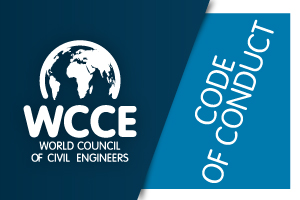
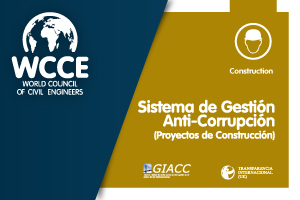
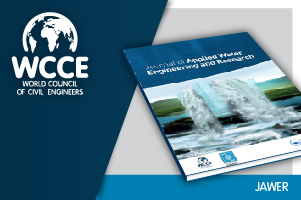
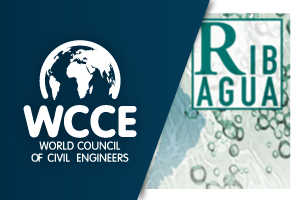
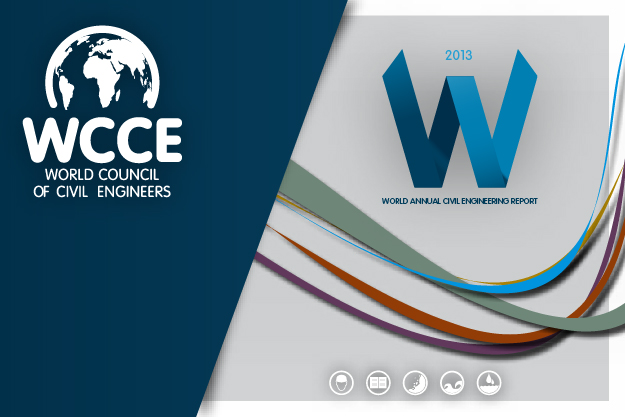
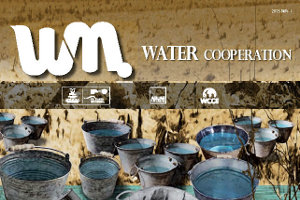
 The partnership agreement was signed on March 14th, 2015. Their common efforts will focus on the integration of sustainability in engineering curriculum and accreditation of civil engineering education, and on the promotion of engineering in sustainable development.
The partnership agreement was signed on March 14th, 2015. Their common efforts will focus on the integration of sustainability in engineering curriculum and accreditation of civil engineering education, and on the promotion of engineering in sustainable development.
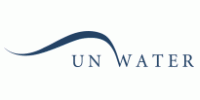 On late September, we were honoured by UN Water to become its partner member. We expect a fruitful collaboration from such partnership and from any other UN Water partners we will contact in UN Water fostered meetings.
On late September, we were honoured by UN Water to become its partner member. We expect a fruitful collaboration from such partnership and from any other UN Water partners we will contact in UN Water fostered meetings. 
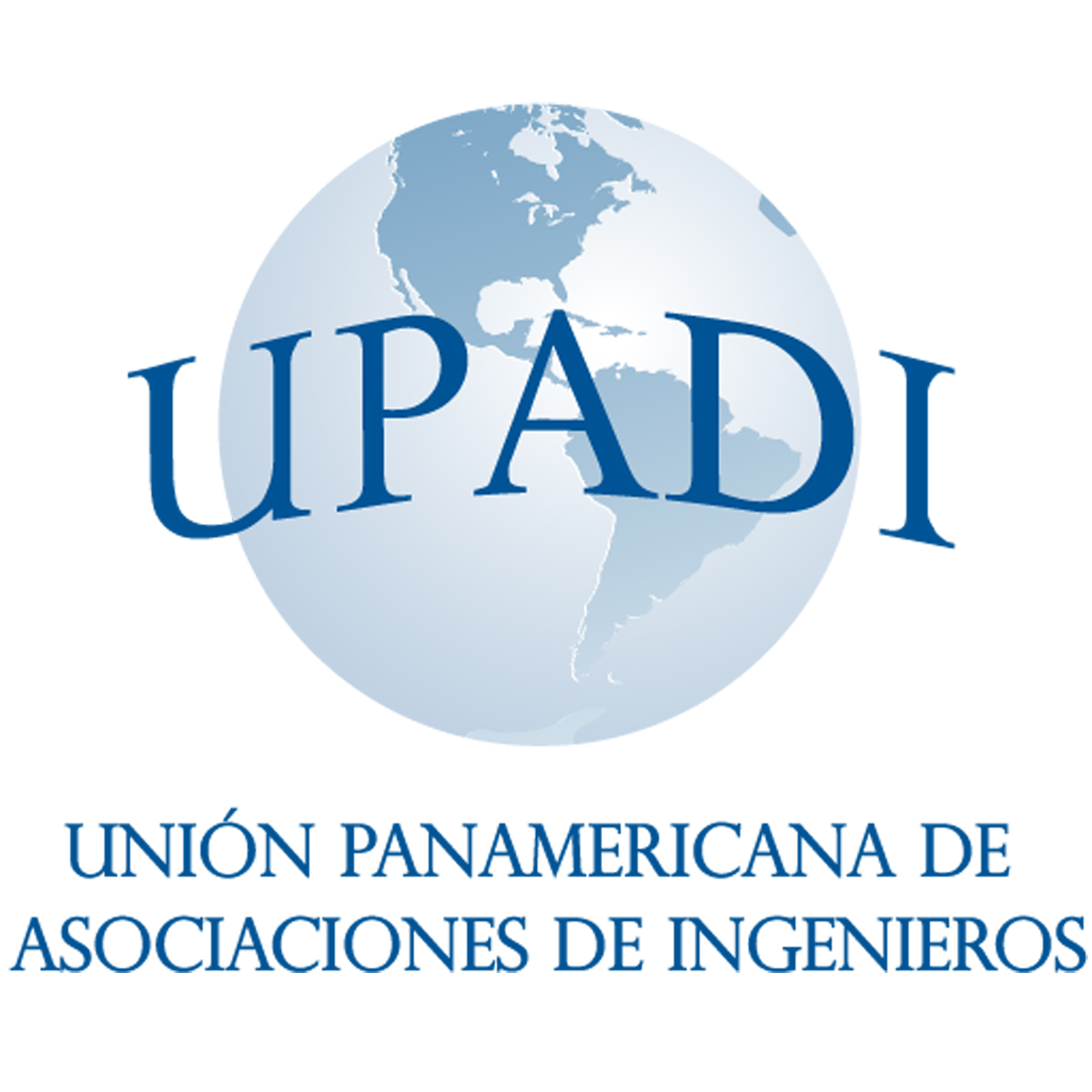 On the occasion of UPADI's 70th
On the occasion of UPADI's 70th
 On the occasion of WCCE's 14th General Assembly Meeting held in Lisbon, Portugal, WCCE and the Federation of African Engineering Organizations, FAEO have signed a Memorandum of Understanding will enforce both organizations' efforts to enhance its member organizations' contributions to the accomplishment of UN's Sustainable Development Goals. The signing ceremony took place in the premises of the Laboratorio Nacional de Engenharia Civil, on September 26th. In order to follow-up this Partnership Agreement both organizations have granted each other invitation to each others events and initiatives.
On the occasion of WCCE's 14th General Assembly Meeting held in Lisbon, Portugal, WCCE and the Federation of African Engineering Organizations, FAEO have signed a Memorandum of Understanding will enforce both organizations' efforts to enhance its member organizations' contributions to the accomplishment of UN's Sustainable Development Goals. The signing ceremony took place in the premises of the Laboratorio Nacional de Engenharia Civil, on September 26th. In order to follow-up this Partnership Agreement both organizations have granted each other invitation to each others events and initiatives.

